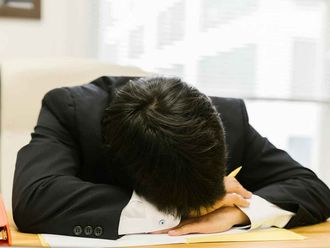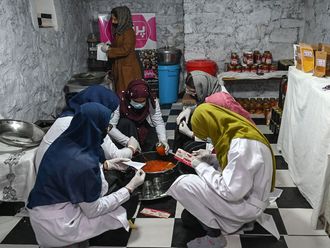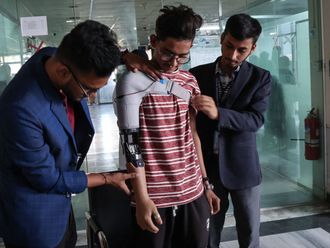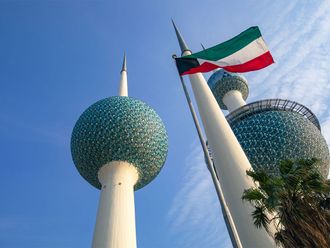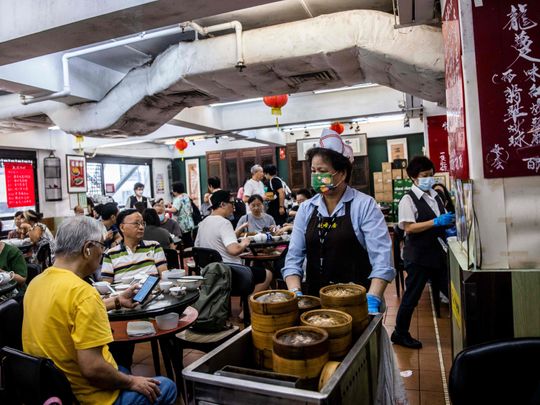
Hong Kong will ease entry rules to bring in 27,000 foreign workers to stem a manpower shortage in the financial hub.
The government on Tuesday announced its plan to attract more people to work in sectors suffering from severe labour shortfalls, including setting quotas for tens of thousands of foreign workers in industries ranging from construction to aviation.
The labor force is the “linchpin to our economic development,” said Secretary for Labor and Welfare Chris Sun at a press briefing detailing the plan. Chief Executive John Lee had previewed the proposal earlier in the day, warning of risks to the city’s economy and competitiveness due to a “serious labor crunch.”
Hong Kong is struggling with a lack of workers in services and other industries as business surged following the removal of pandemic curbs. Economists have attributed the problem to structural factors, including a shrinking local workforce and the city’s immigration policies.
The new plan includes recruitment quotas for as many as 12,000 foreign workers in construction, said Secretary for Development Bernadette Linn. Hong Kong will also hire up to 6,300 laborers for the aviation industry, which Secretary for Transport and Logistics Lam Sai-hung said is suffering from a shortage of “front line airport staff” that will “dampen the city’s aviation hub.”
At the start of this year, the city’s airport was operating with 32 per cent fewer workers than it did pre-pandemic. That’s meant Hong Kong doesn’t have the workers necessary to help with passenger check-in, baggage handling or catering. Flagship carrier Cathay Pacific Airways Ltd. has similarly seen a chronic staff shortage after overseeing deep cuts to jobs, pay and workplace conditions during the pandemic.
The city expects to receive applications for jobs in the construction and transportation sectors beginning in July, and may need about two months to process them. Applications for jobs in other sectors — 26 in total are covered under this programme — will follow.
Wong said that the worker quotas may be fully utilised next year. Many are likely to be from mainland China, in line with past precedent, he added.
Hong Kong’s economy grew rapidly in the first quarter, emerging from recession as the opening of its borders revived spending. Economists now expect gross domestic product growth to accelerate to 4.6 per cent this year as the rebound strengthens, according to the latest Bloomberg survey.


